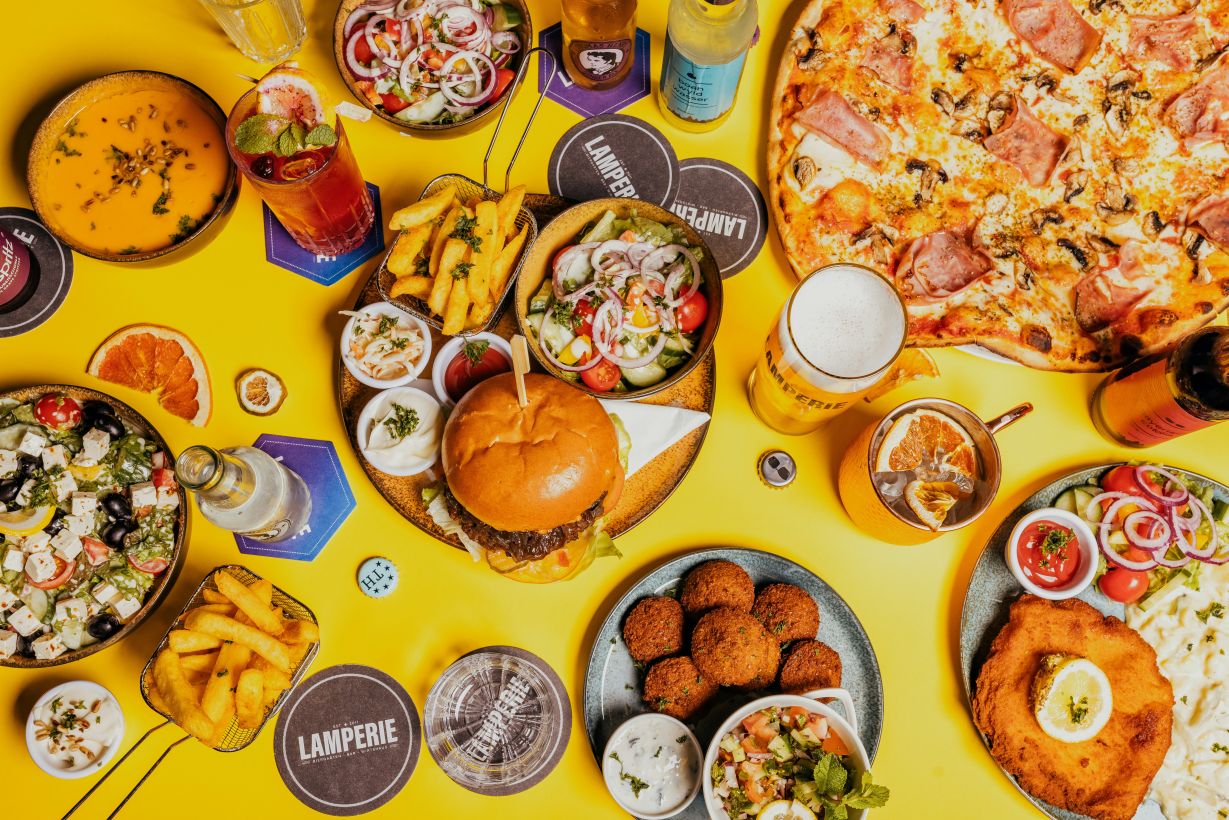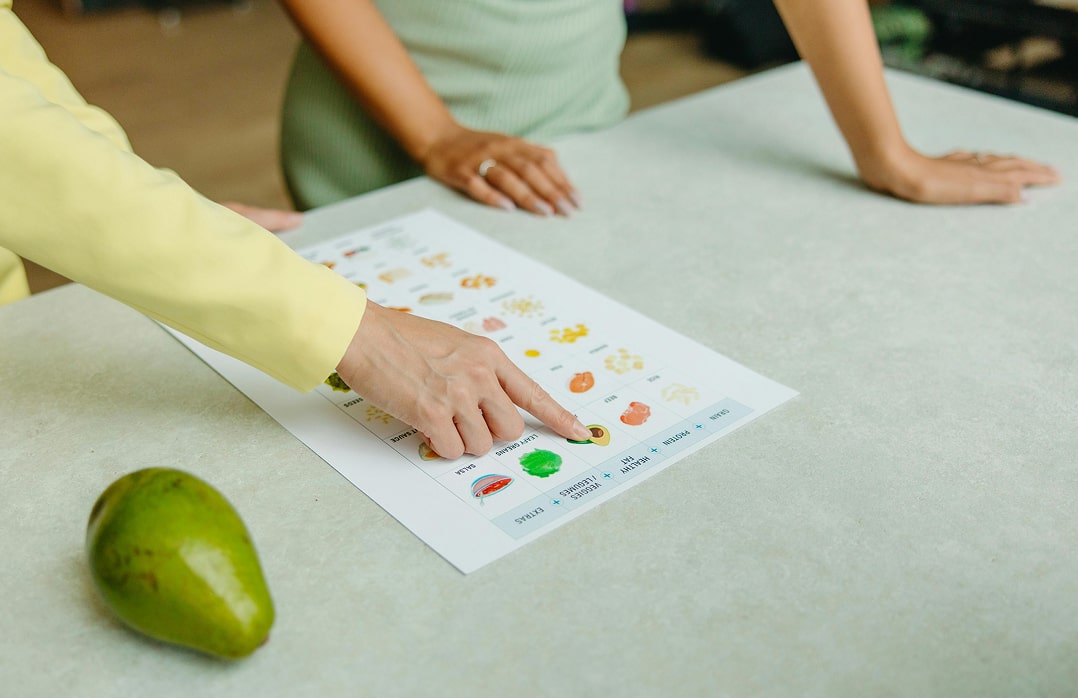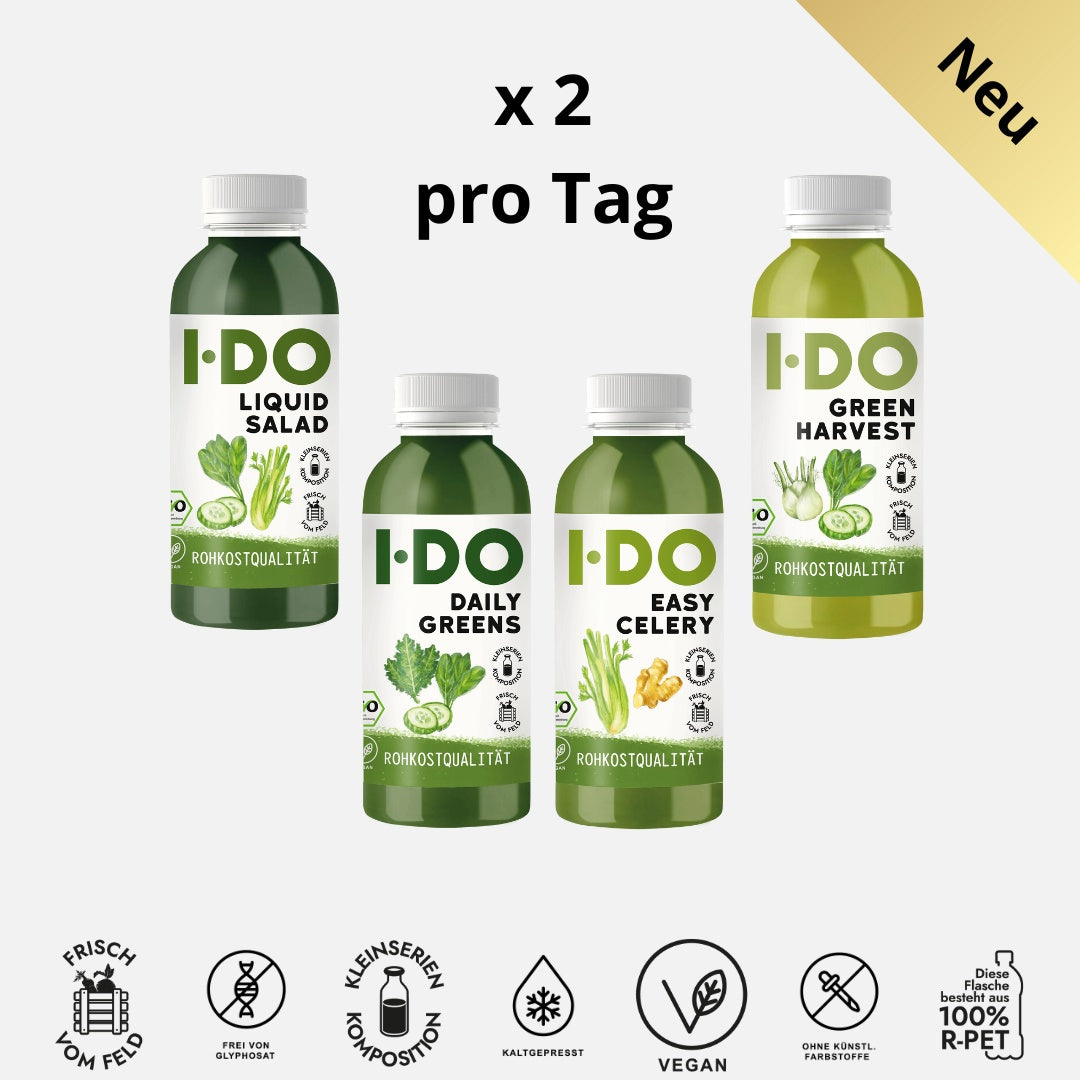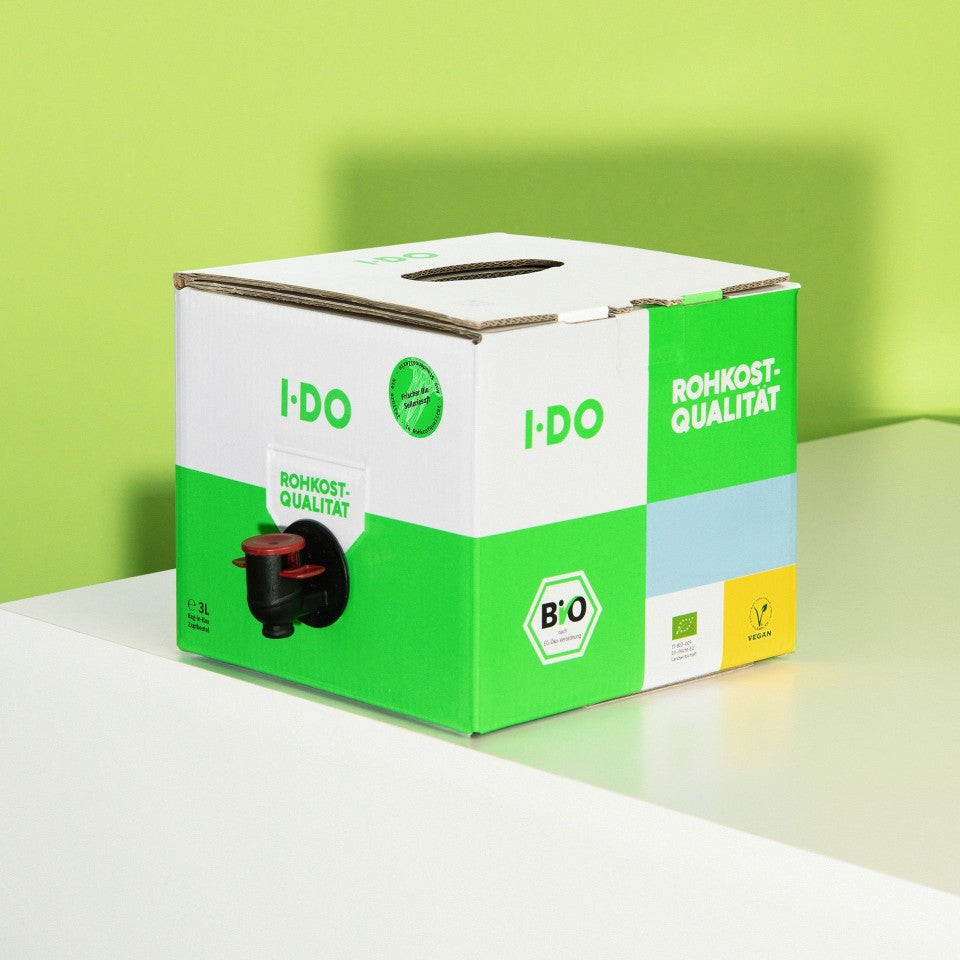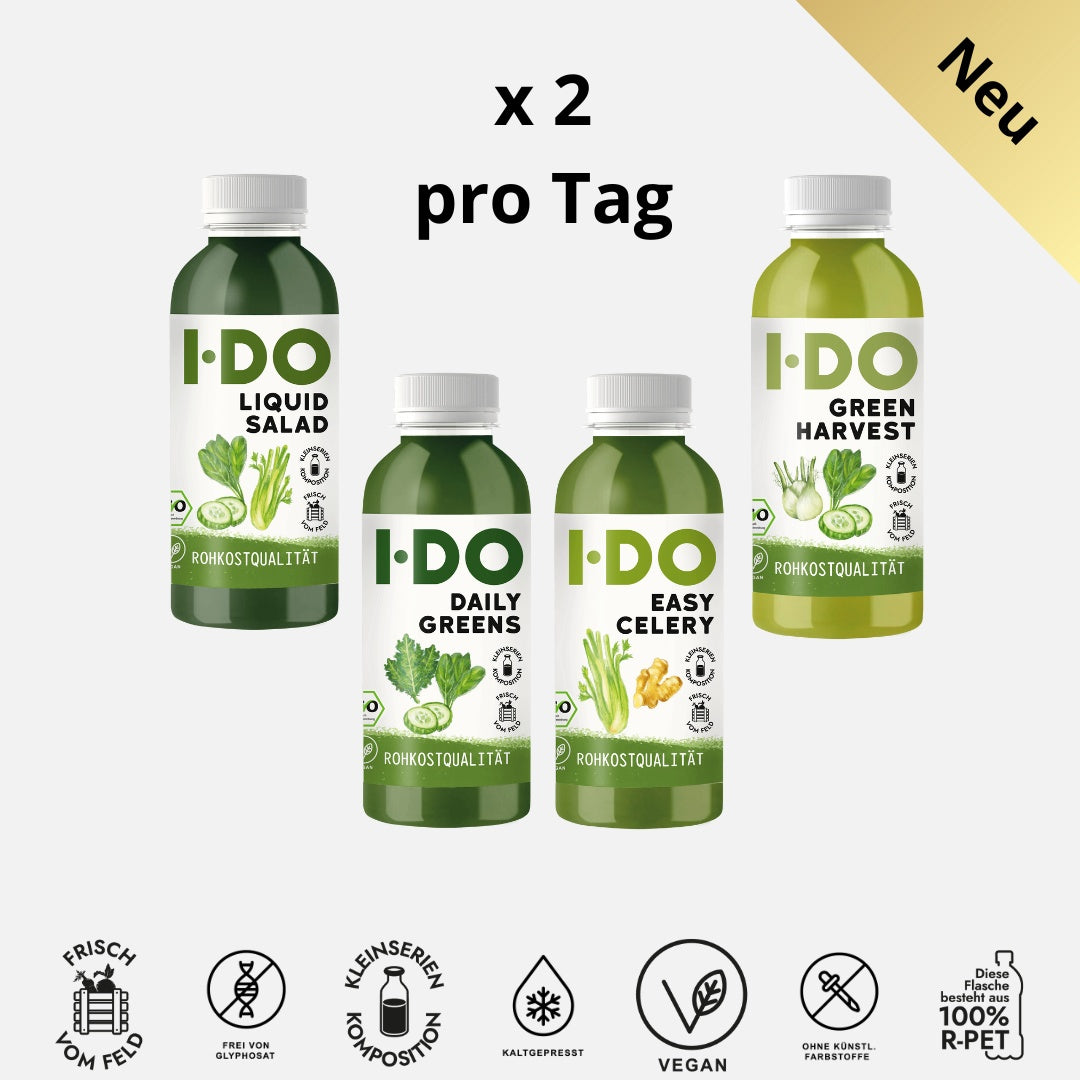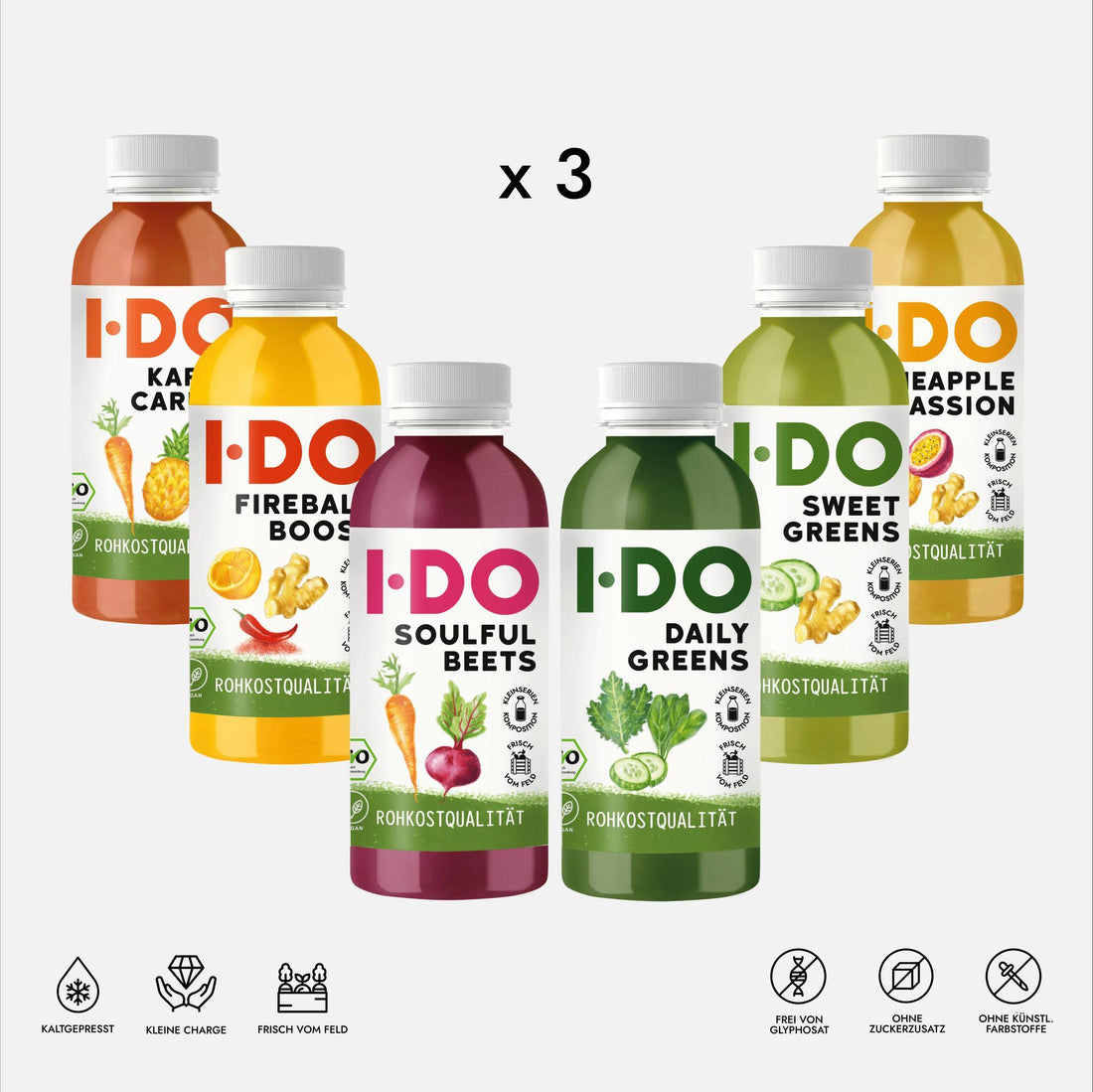Introduction
The consumption of ultra-processed foods in Germany has reached alarming levels. These products, often loaded with unhealthy ingredients and lacking in nutrients, contribute significantly to the rise in obesity, diabetes, and cardiovascular disease. But what exactly are ultra-processed foods, and how can we better protect ourselves?
What are ultra-processed foods?
Ultra-processed foods are industrially manufactured products that bear little resemblance to natural ingredients. They often contain:
- Addition of sugar, salt and unhealthy fats
- Artificial flavors, colors and preservatives
- Emulsifiers, stabilizers and other additives
These foods are high in calories but low in nutrients. They are designed to be particularly tasty, long-lasting, and profitable—often at the expense of health.
Difference to processed foods
Processed foods (e.g., frozen vegetables or canned goods) undergo simple processing steps such as refrigeration or freezing. Ultra-processed foods, on the other hand, are the result of complex industrial processes involving numerous additives.
Why are these foods so common?
- Industrialization of food production : Efficiency and durability are the priority, not nutritional quality.
- Marketing strategies : Food manufacturers promote these products as convenient, affordable, and delicious.
- Changing lifestyles : Fewer and fewer people are cooking fresh food, instead they are turning to ready-made products.
- Low awareness : Many consumers are unaware of the risks.
Health risks: Obesity, diabetes & heart disease
obesity
Ultra-processed foods are high in calories but hardly satisfying. They promote cravings and obesity.
diabetes
The high sugar and carbohydrate content leads to blood sugar spikes and insulin resistance – a major risk factor for type 2 diabetes.
Cardiovascular diseases
Trans fats, salt and sugar damage blood vessels, increase blood pressure and promote heart attacks.
How do you recognize ultra-processed foods?
Pay attention to the list of ingredients:
- Types of sugar (e.g. glucose-fructose syrup)
- Hydrogenated fats (trans fats)
- Artificial additives (E numbers)
- Refined carbohydrates (white flour, white rice)
The longer the list of ingredients, the more likely it is an ultra-processed product.
Healthier alternatives: Tips for a better diet
- Prefer fresh ingredients : fruits, vegetables, whole grains and legumes.
- Cooking yourself : How to keep control over the ingredients.
- Shop consciously : Avoid ready meals with long lists of ingredients.
- Use community initiatives : cooking classes, urban gardening or weekly markets promote healthy eating.
Conclusion: Back to naturalness – Why I DO organic juices are a healthy alternative
The scientific evidence is clear: Ultra-processed foods are directly linked to an increased risk of obesity, type 2 diabetes, cardiovascular disease, and even a shortened life expectancy. Studies by the German Nutrition Society (DGE) and international meta-analyses show that 50% of the energy intake of German adults already comes from such products—with serious consequences for public health .
But there is a solution: a conscious diet with unprocessed, nutrient-rich foods . This is where I DO organic raw food juices come in. They are cold-pressed and stabilized under high pressure , without additives, preservatives, or artificial flavors. This ensures optimal preservation of vitamins, enzymes, and secondary plant substances – unlike industrially processed juices or convenience foods.
Why I DO organic juices are a smart choice:
- No heavy processing : No heat or chemical treatment that destroys nutrients.
- High nutrient density : Rich in antioxidants, vitamins and minerals from 100% organic ingredients.
- No marketing noise, just quality : I·DO relies on transparency and real ingredients – without empty promises.
- Ideal for detox and fasting programs : Perfectly tailored to programs such as liver fasting, with a shelf life of approximately 10 days for maximum freshness.
In a world where convenience often comes at the expense of health, I DO organic juices offer a simple yet radical alternative : real food that supports the body instead of burdening it. A conscious choice for I DO is therefore not just a step away from ultra-processed products, but a step toward greater vitality, natural energy, and long-term health.
Scientific sources on the risks of ultra-processed foods:
- DGE (2023/2024): Systematic review on the association between ultra-processed foods and chronic diseases (obesity, diabetes, cardiovascular diseases) → DGE – How do highly processed foods affect health?
- BMJ (2024): Umbrella review on ultra-processed foods and 32 health risks (including cancer, cardiovascular disease, mental disorders ) → Lane et al. (2024), BMJ
- Lancet Regional Health (2023/2024): Studies on insulin resistance, diabetes and cardiovascular risks from ultra-processed foods.
- Nutrition Radar (2025): Current research findings and policy measures against the consumption of ultra-processed products
Questions & Answers (Q&A)
What are ultra-processed foods? Industrially produced products with lots of additives but hardly any nutrients.
Why do they make you fat? They're high in calories but don't fill you up—which promotes cravings and obesity.
How are they related to diabetes? Sugar and refined carbohydrates lead to insulin resistance.
What can you eat instead? Fresh foods like vegetables, whole grains, and nuts.



